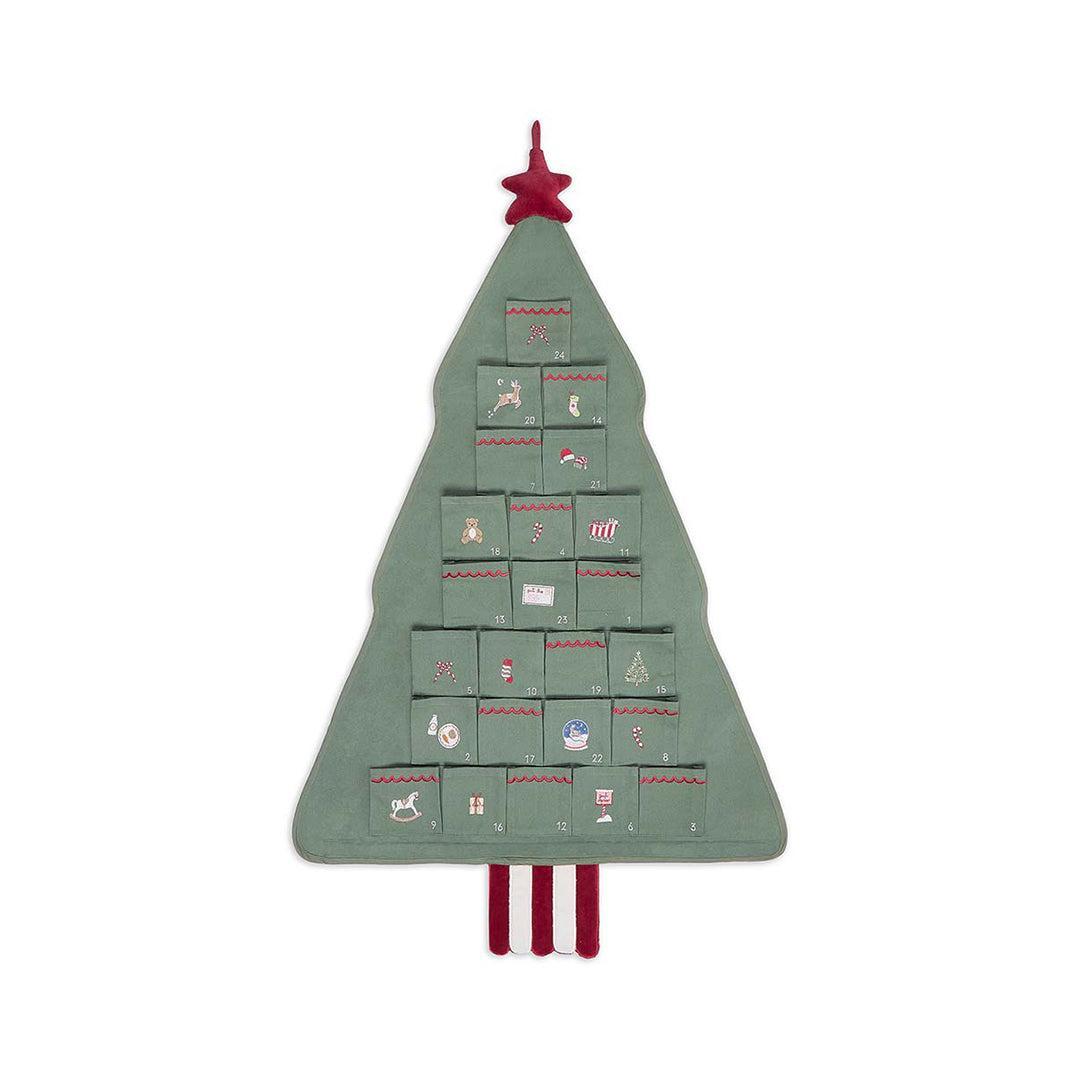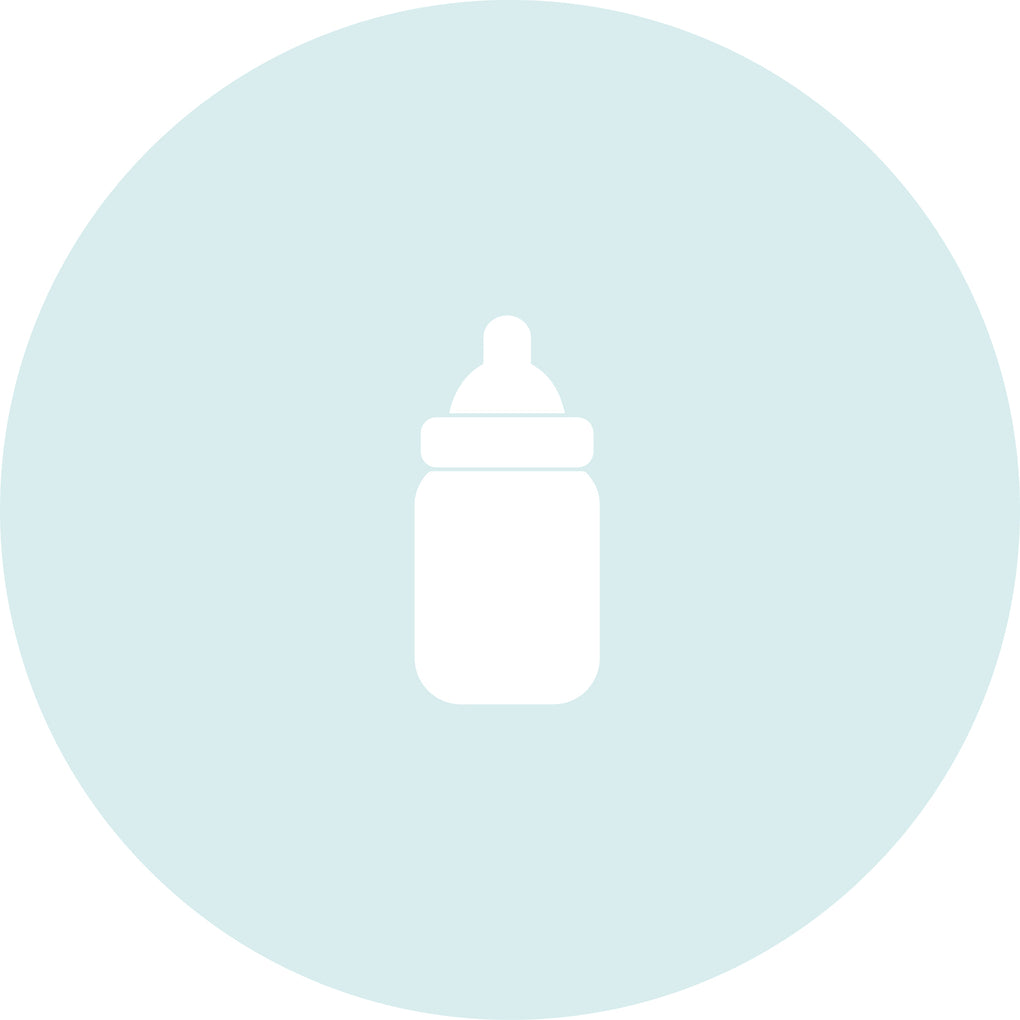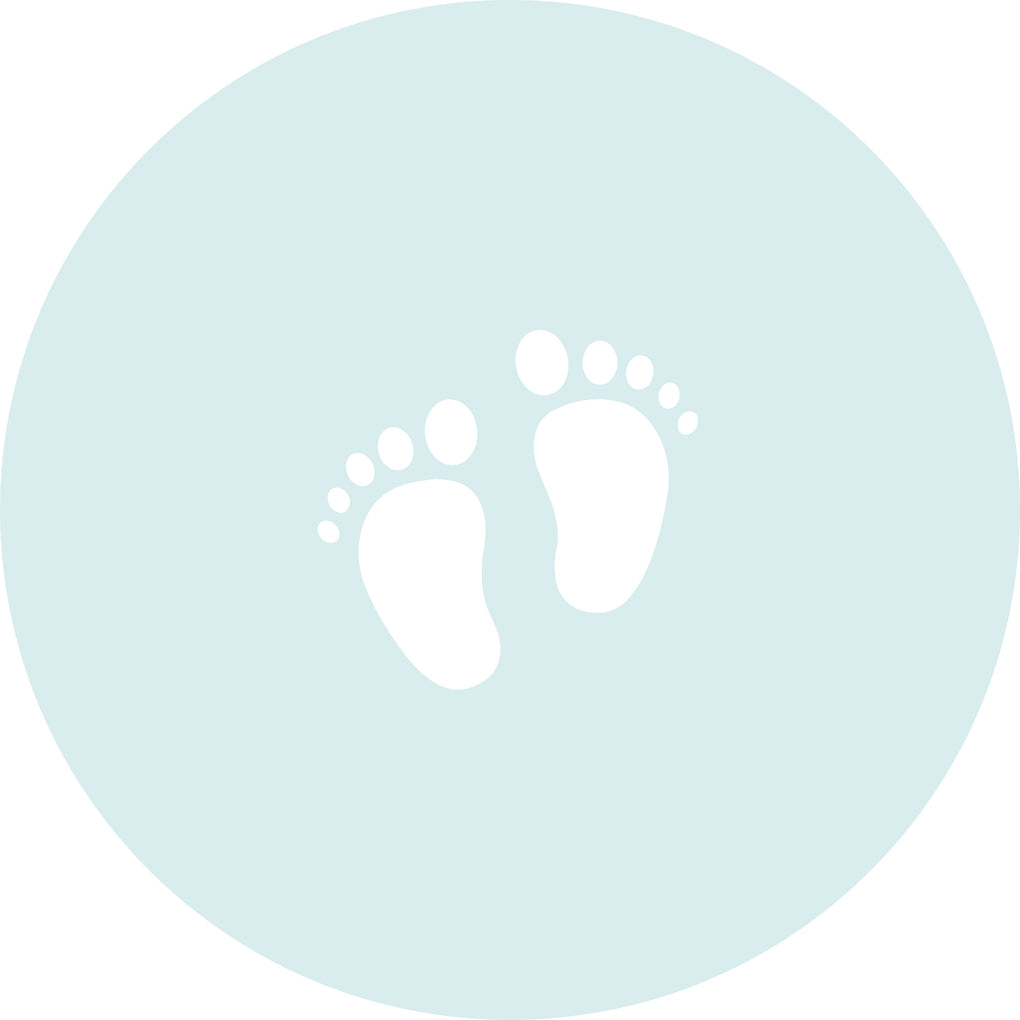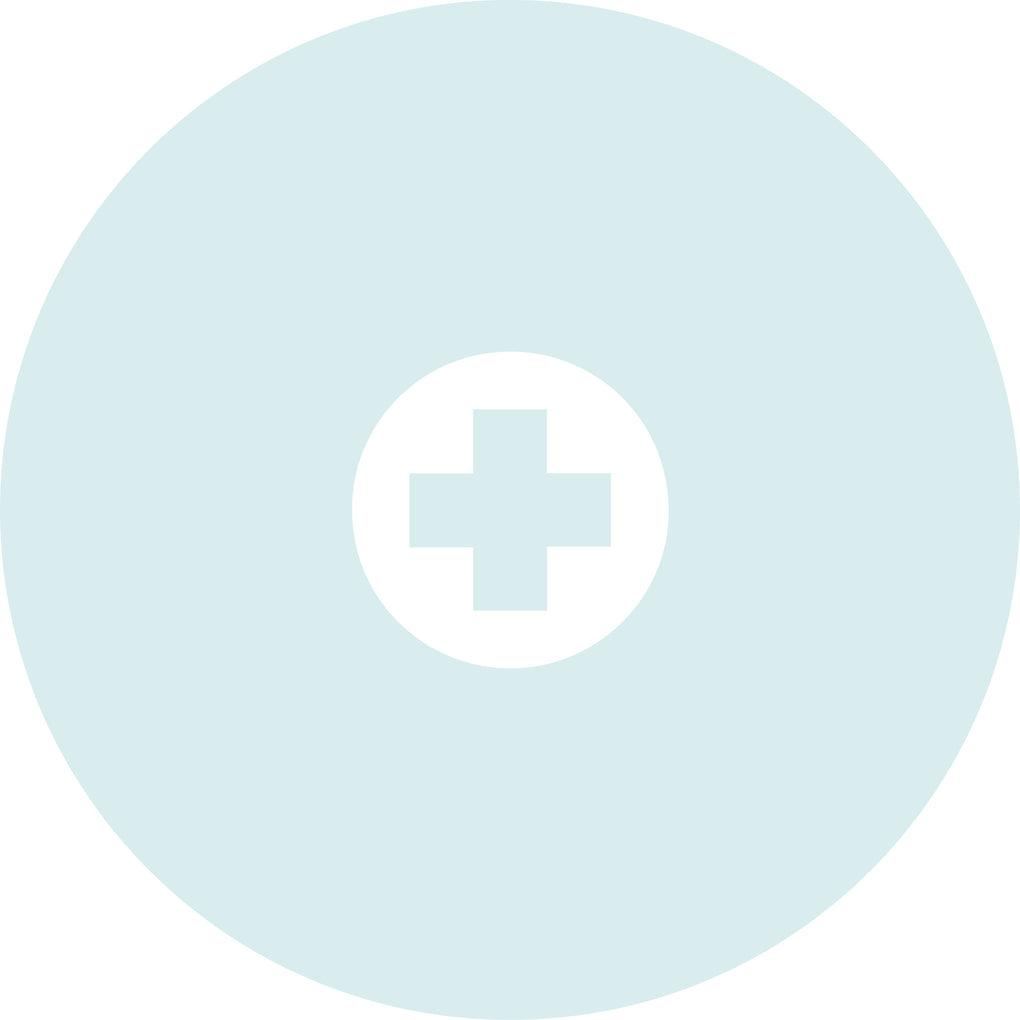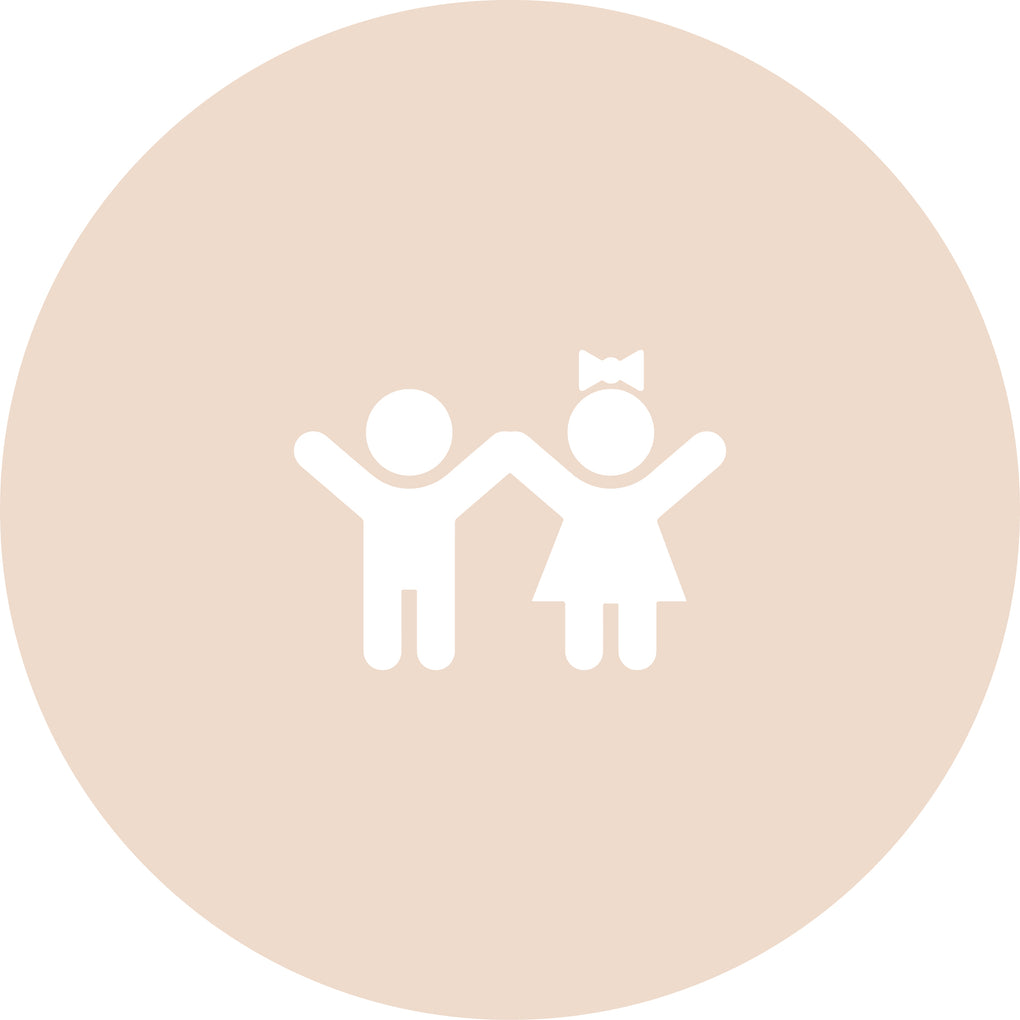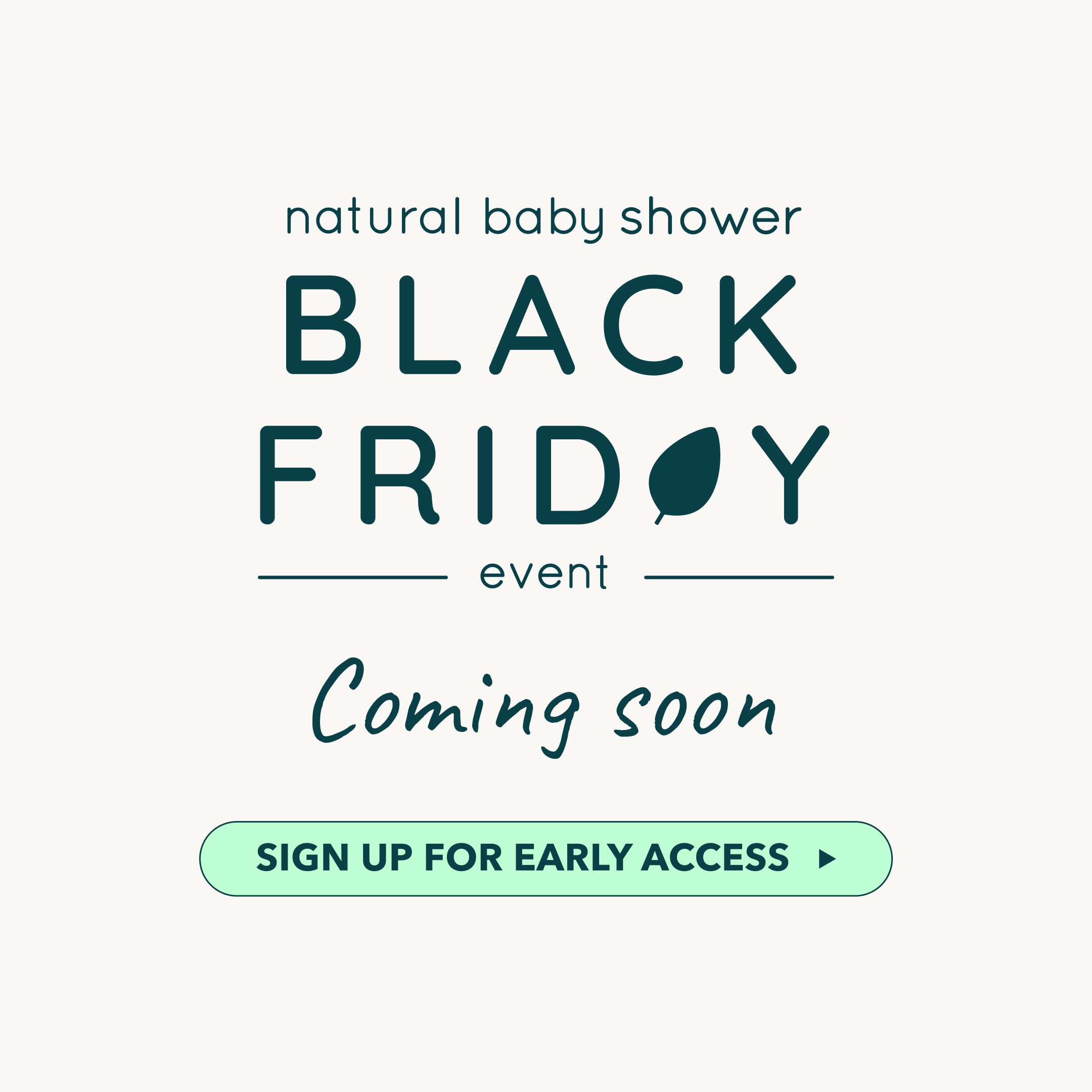Is it just us or does your little one just keep growing up so quickly? Your little newborn is all too quickly 6 months old and you are already starting to think about starting their weaning journey. But we know it can seem a little confusing of when exactly you should start and where should you even begin with introducing your little one to solid foods.
Don’t worry, we want to help make your weaning journey as easy and stress free for the both of you with our easy top weaning tips to get you started. Here we will quickly look at when to start and how, as well as touching on the best foods to start with.
When should I start my baby weaning?
The current advice is to introduce your baby to solids from six months old. At six months, most babies will be ready to try their first foods. But don’t worry if it takes a little longer, it’s important to trust your instincts and take your little one’s lead as they will let you now when they are ready.
There are usually key signs to look out for that can tell you that your little one is ready.
- Coordinate their eyes, hands and mouth.
- Can stay in a sitting position, holding their head steady.
- Swallow food rather than spit it back out.
- They may even start to try to grab food which is a definite sign they are ready for some yummy solid foods.
Ease in gently
All of this will be brand new and slightly confusing to your little learner. They will be discovering a whole new world of textures, flavours and experiences that they might not be quite sure of straight away. If your baby refuses to eat, don’t panic, it’s totally normal! Your little one might not like all these new textures, so perhaps ease them in gently with some miky porridge or rice to start off with. Then move on quickly to more tasty offerings, such as puréed apple, pear, carrot or sweet potato.
Keep feeding them milk
To begin with, weaning is more about introducing the idea of eating. At the beginning it may be more about them exploring and playing with the food in their mouth, rather than them actually eating any of it. So, it is always recommended whilst your baby is getting used to eating food, to keep feeding them milk to ensure they are getting the right amount of energy and nutrients. But as they start eating more solid food, they may naturally start drinking less breast milk or formula, depending on how much energy they need. By the time your baby is eating three meals a day, milk feeds should really reduce. When you first start weaning at around six months - your baby will still need regular breastfeeds, or a minimum of 500-600ml of formula a day. But over time they’ll need less and less as they learn to eat properly.
Pick the right time in the day
The recipe to success could be down to their mood or the time of day that you try to feed then. We can all be grumpy and fussy when we are tired or hungry, so bare that in mind. We always recommend in the early stages to start introducing something new when they don’t have an empty stomach. Try giving your baby a little bit of milk an hour or so before trying any new food to keep the munchies at bay. They’ll feel a lot happier.
Also consider the time you are going to start feeding and choose a time when you and your baby are relaxed. Last feed of the day is not a good time, as you’ll both be tired and in the early morning they may be too hungry, so around mid-morning or lunchtime is often a successful time to try.
Take their lead
Looks for clues and signs from your little one to learn what they are enjoying, not liking and want more or less of. If they really do not want to eat a particular taste or flavour, don’t force them to eat it. But also, don’t give up! We recommend waiting a week or two and then trying again. Their taste buds will constantly be changing and developing.
Also look for the clues when they’ve had enough. Your little one will generally be aware then they have had enough and tend to make it quite clear by turning their head away or clamping their mouth shut. These are clues that that it is probably enough for today.
There is no right or wrong way
Go easy on yourself and remember there is no right or wrong way to tackle weaning. Try not to worry if you follow baby-led weaning or traditional spoon-feeding methods, or even if you are doing a combination of the two. Just do whatever works for you and your family. The main thing is your baby gets to explore a wide variety of food and starts to enjoy the different flavours and loves eating!
Remember, for the first year your baby will be getting the majority of their nutrients and calories that they need from their milk supply, so don’t worry too much if you feel like all the food just ends up on the floor or if they aren’t eating as much as you would like them too. It’s all about exploring, trying to have some fun with it and just enjoying the journey.
What to feed them
To start off with you should always start introducing different foods slowly. We recommend starting with just simply veg to start them eating them from an early age and in the hope of creating a lifelong love of vegetables. It’s always best to start with just one type of food at a time so that they can really learn to distinguish between different flavours. In the early days, offer one or two new tastes every couple of days. Once your baby is happy with these, introduce new foods and then start mixing different foods together to make tasty purees.
Cooked, puréed vegetables or fruits are ideal for your baby’s first tastes. Think apples, pears, carrots, and sweet potatoes. Make sure you peel them first to remove any skin that may be too tough for your baby. Softer fruits such as banana, mango or avocado can be mashed with no need for cooking. Try to include lots of different types of vegetables, fruits and grains into their meals, as part of a varied and balanced weaning diet.
It's important to introduce foods that can trigger allergic reactions one at a time, in very small amounts, so that you can spot any reaction. These foods can be introduced from around 6 months as part of your baby's diet, just like any other foods:
- cows’ milk (in cooking or mixed with food)
- eggs (eggs without a red lion stamp should not be eaten raw or lightly cooked)
- foods that contain gluten, including wheat, barley and rye
- nuts and peanuts (serve them crushed or ground)
- seeds (serve them crushed or ground)
- soya
- shellfish (don't serve raw or lightly cooked)
- fish
Shop our full meal time collection for all your weaning essentials >>




